Everyone is Family at the Furan

The Old World communal oven met needs bland grocery store loaves aren't designed to meet
As soon as I stepped out of my apartment building, the scent hit me. So did the humidity, early as it was, and my hair was having a bit of a moment in response. The smell was brewers yeast. Although the iconic Walkerville Brewery was crafting beer and spirits, Riverside Drive was enveloped in the smell of bread.
That the smell of yeast is so closely linked to bread, not beer, is a testament to bread’s omnipresence. Bread is a mainstay of many cultures and its variations are as different as the landscapes that produce it. Yet, despite its many forms, bread comprises the same basic components: water, flour, and yeast.
And that’s primarily how we see bread on its own: a simple and basic commodity. In English, one’s “bread and butter,” is work or activity that comprises their primary income, their livelihood. Having a lot of “dough” means that someone has a lot of money–they have stability and means (and in the West, dough is leavened to rise, so implicit is a wish for more earnings). Around the world, particularly in the Western imagination, bread is a foundation for life.
We know bread as a form of basic sustenance, but when bread is seen in the context of a meal, its meaning deepens. As the centrepiece of a table, it’s often a symbol for everything taking place around it: the camaraderie, the eating, the enjoyment, the drama. The phrase “to break bread” implies more than eating; it signifies a partaking of community. And while bread might be the most basic aspect of a meal, it is also, especially historically, one of the most fundamental.
But bread brings people together in ways beyond its eating. The baking of bread has historically been a communal practice, as well.
In medieval France, the four banal was a shared oven manned by the fournier, or ovenmaster. The system was partially political (the feudal lord owned the town oven and could charge for its use), but was mostly for safety. By keeping one communal oven for the entire town, the risk of fires spreading quickly through villages was reduced. Gathering at the four banal regularly drew the community together.
Communal ovens are not completely gone, however. Despite rapid modernization, communities in Morocco have refused to erase the place of the communal oven, the furan, in their neighbourhoods. Part of this is practical wisdom: owning a hot, bulky oven doesn’t make much sense in the warm, densely populated cities around the Mediterranean. But there is also a recognition of the cultural weight of the furan.
To Moroccans, the communal oven is a place of vibrant community engagement, and a link to their heritage. Residents bring their dough and other dishes to be baked, but they also bring their conversation. The furan is an equalizer: both the rich and poor bring their khubz to be baked.
Living in a tight-knit community, though, comes with certain repercussions. What is brought to the oven, and by whom, is often the source of news and chatter. In an article for the New York Times, journalist and food writer Joan Nathan writes about the place of the furan in the village news cycle:
The public oven is also where families announce weddings, anniversaries and other special occasions, whether they want to or not. When someone brings a b’stills, one of the jewels of Moroccan cooking — a chicken or pigeon pie made with nuts, sugar, cinnamon and orange blossom water — everybody knows that a big celebration is on the way. After all, no one would take the trouble to make b’stills on just any old day.
Many families mark their dough with a distinguishing symbol, almost like a family crest, to signify their bread. The baker, so familiar with his oven, knows exactly which bread belongs to which family. And he probably knows even more: whose dough is well kneaded, whose is not fully risen, who uses quality wheat and who doesn’t.
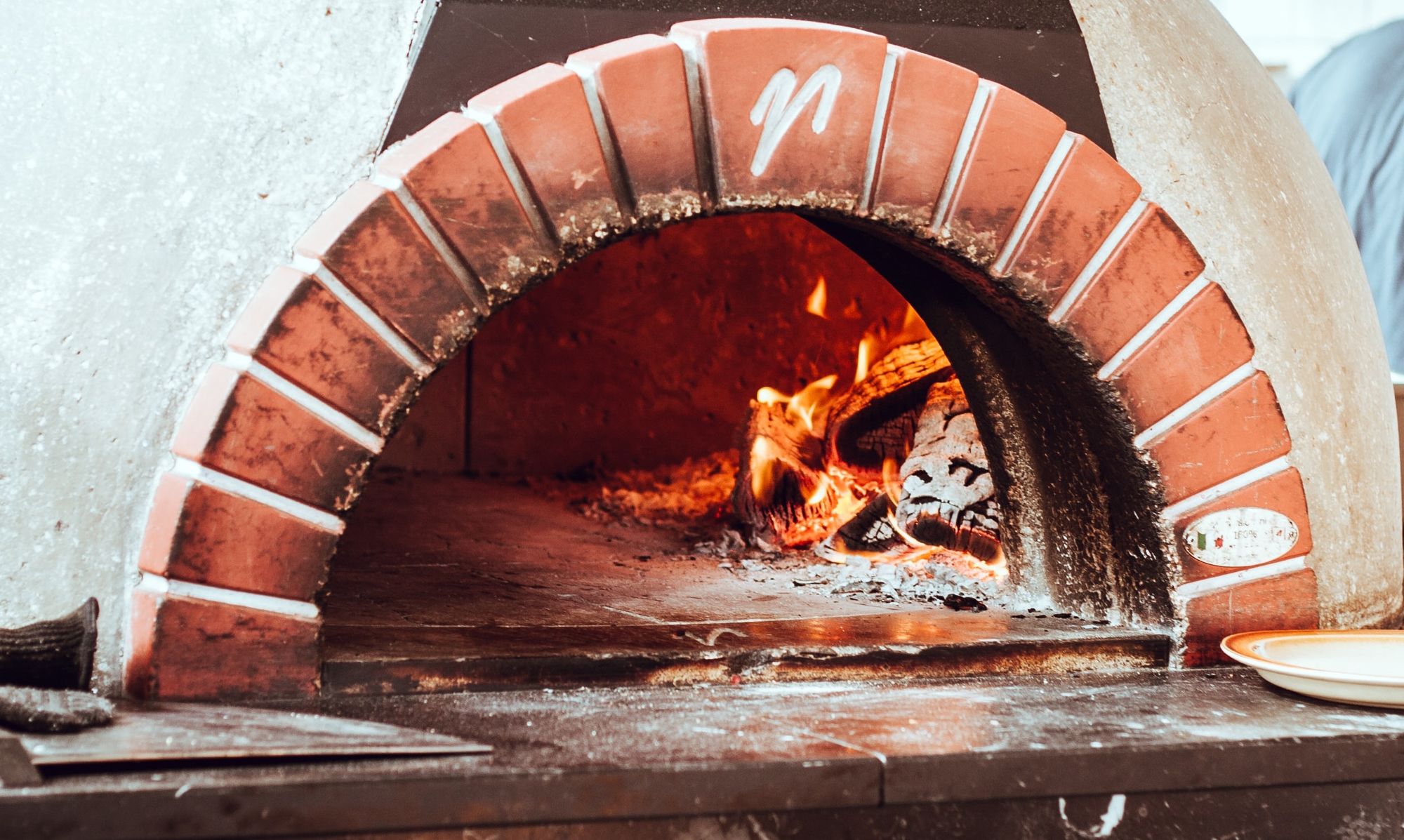
As a Westerner, the idea that families have to use distinguishing marks on their dough actually strikes me as a profound sign of togetherness. Shared spaces like the furan necessarily link community members together. While many Moroccans don’t have to bake their bread in the furan anymore, many choose to. Home ovens are efficient, but the furan does something a home oven never could: it nourishes not just one home, but the whole community.
The social value of the furan is inseparable from the bread it produces.
Knowing people, and sharing the everyday details of life, is made possible when shared spaces are integral to ordinary life. This doesn’t necessarily mean you know someone deeply, but it creates a place where you can know someone deeply.
In addition to wanting (read: needing) a Moroccan tagine now, I’m left with the question of how. How to take part in the flourishing of shared spaces in my community? Nowadays, we don’t live in cities and towns that are created for inter-dependency. In some ways, this is good. We aren’t ruled by a feudal French seigneur, for instance, who controls access to our most basic sustenance.
But in other ways, this lack of interdependence misunderstands what it means to be people. In North America, we have come to believe that independence is a sacred and non-negotiable aspect of our lives. Independence, to be sure, should be celebrated and cherished. It is what allows us to think freely and create openly.
Yet, it seems to me that an ultra-individualistic life is like Wonder Bread. Highly refined to fulfill my needs and tastes, but lacking all the wholeness of a life lived in community. Community is harder to digest; it comes with demands that aren’t as comfortable or desirable to people used to unlimited freedom. Ultimately, an interdependent life is more nourishing. Shouldering the joys and burdens of others, together, is what binds us to our community.
If we can learn anything from the idea of the furan it is this: our needs can be an organic impetus for community. Community occurs easily amongst people who are similar in some way, but what about neighbourhoods that are made up of very different people? Trite as it may sound, seeing our lack as an opportunity is a great place to begin.
Is there an area in your life that you can “outsource” to your community? Do you usually buy your books from Amazon? Could you buy from a local shop or second hand book store near you? What about borrowing from the library? These are all places where relationships can take root.
Instead of breaking and baking our proverbial bread alone, what’s stopping us from taking our dough to others?
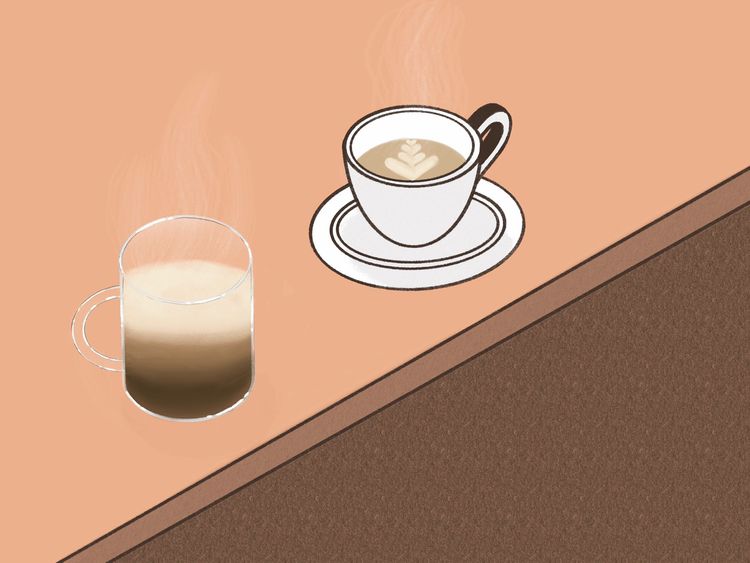
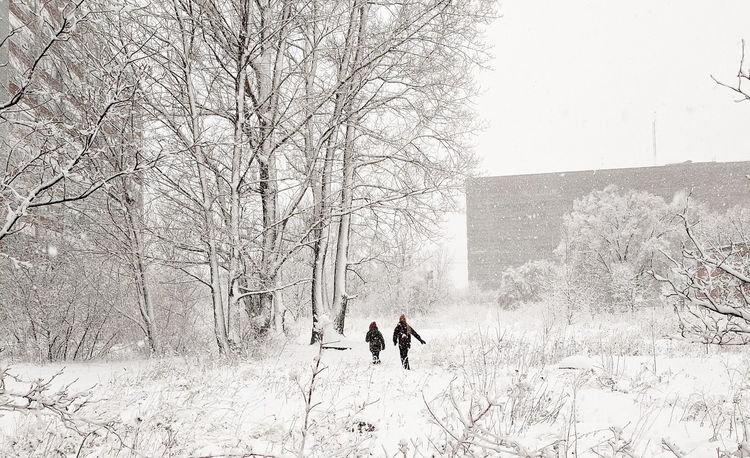
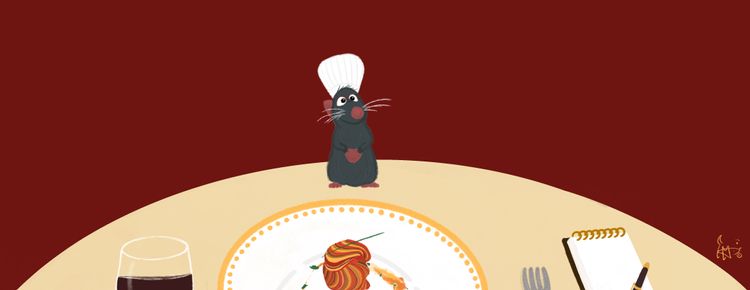
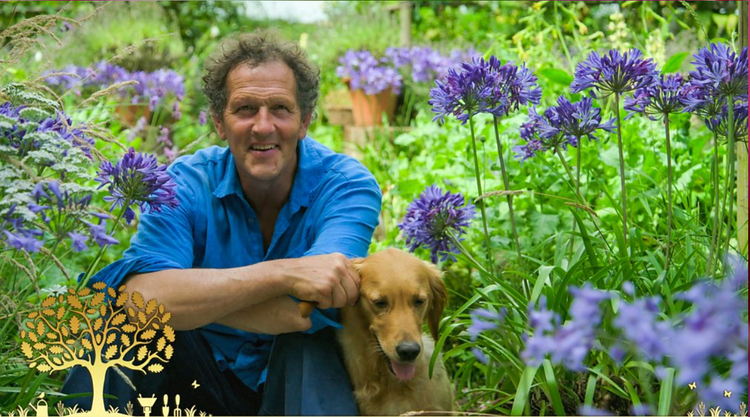
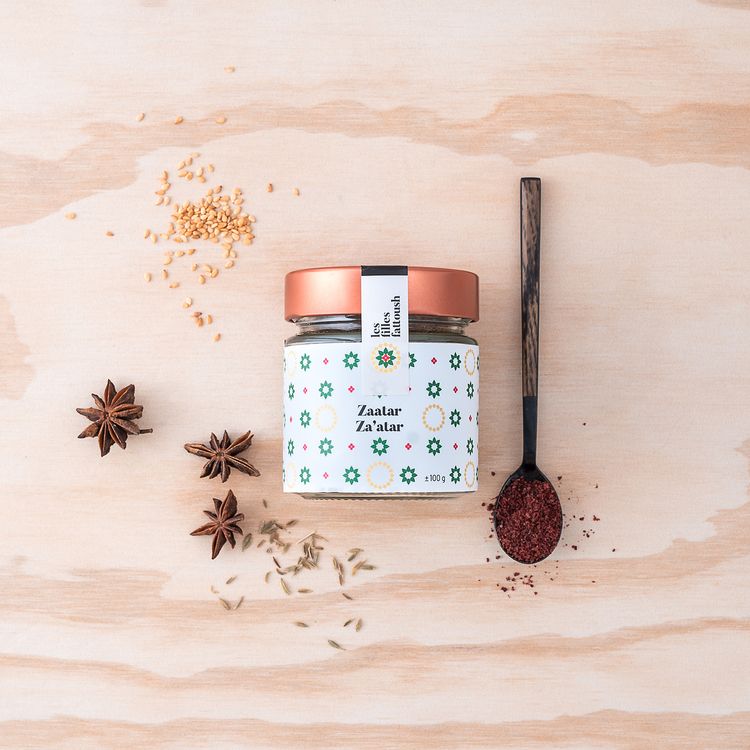
Member discussion